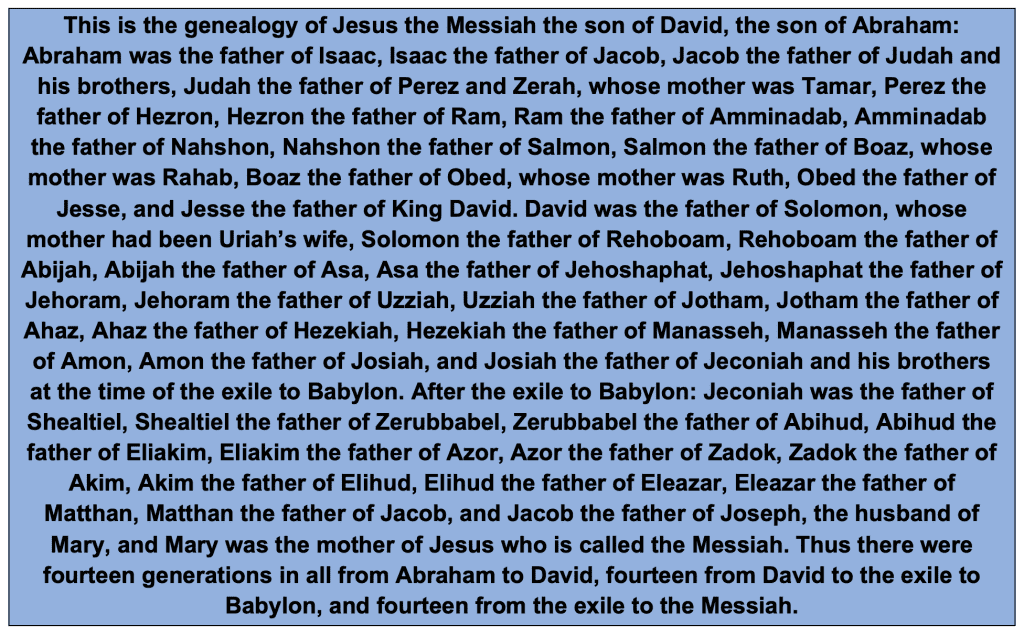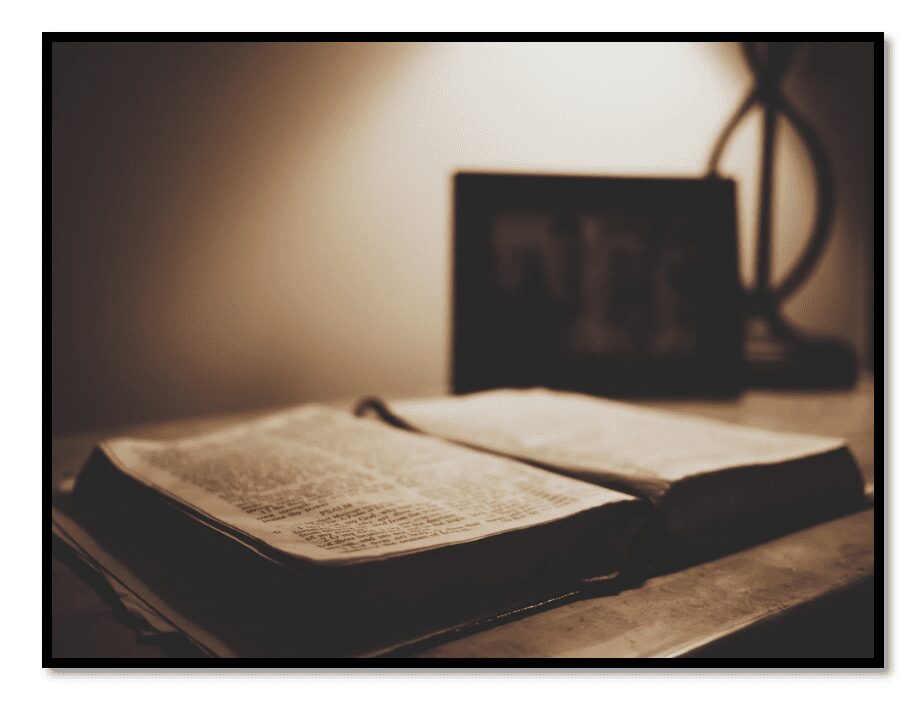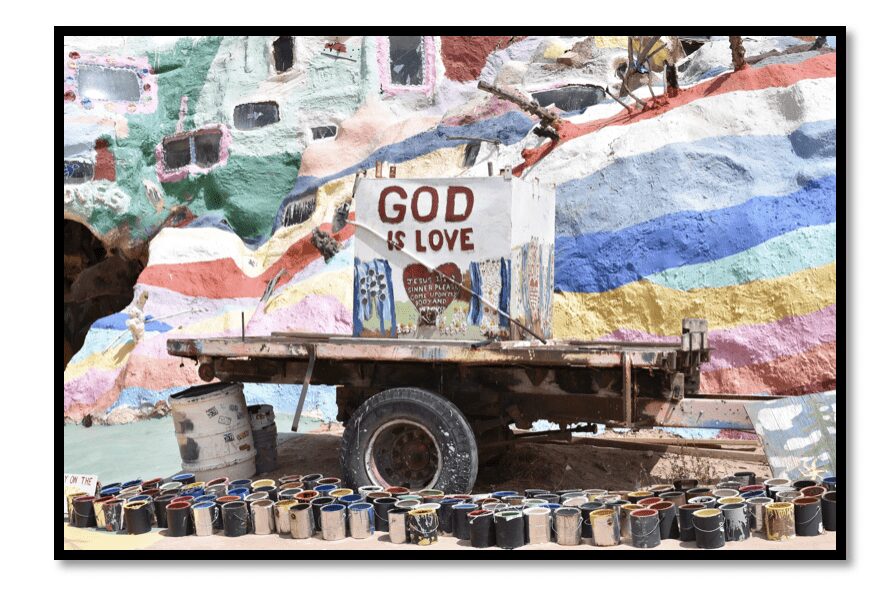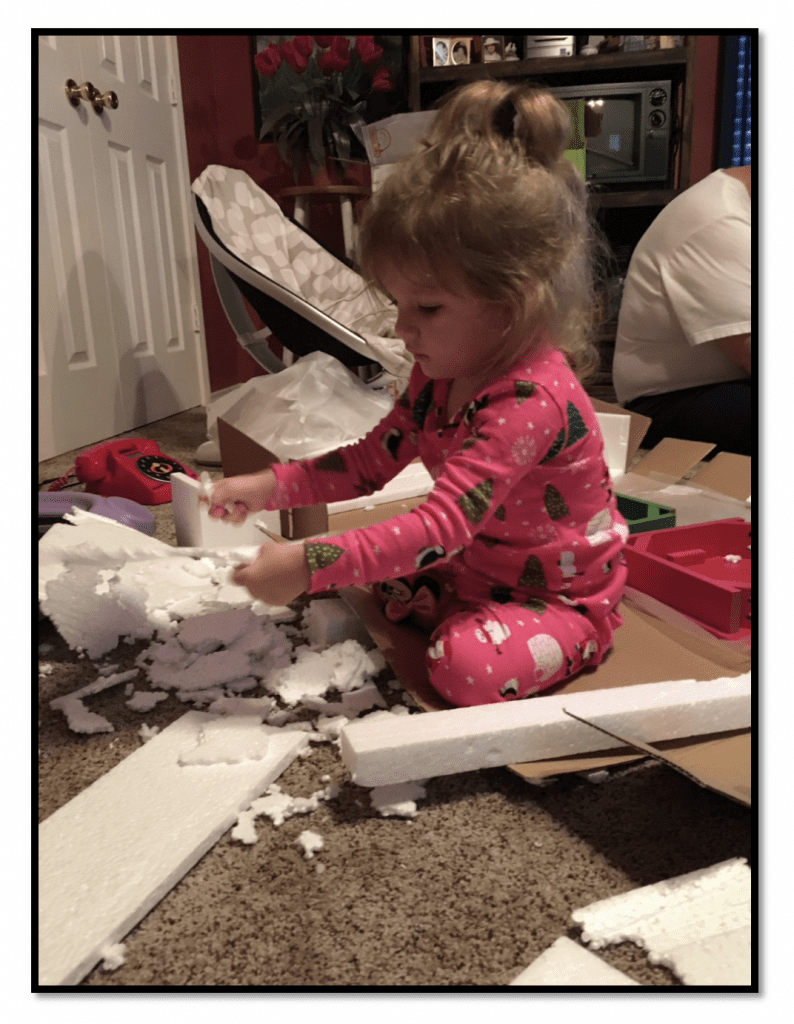
Matthew 1:1-17 (NIV)

The scandals and secrets of one’s family tree. Do you know yours? I know mine. It’s a sad tale that affected my daddy’s life from the time it occurred to the time he died. I never knew about this scandal or secret until my middle twenties. Daddy never spoke of it until then. The scandal jumped out of his mouth before he could grab it and shove it back in. His mother, my grandmother, Ella Morgan Stone, had not died of natural causes. No, Ella took her own life. And, she didn’t do it quietly. She took a revolver, pointed it at her head, and pulled the trigger. It was scandalous according to the family.

Matthew 1 speaks to the Genealogy of Christ. Tedious, you’re probably thinking, right? But necessary. You got to deal with this because it tells a story. It’s messy I know. But like all things that are messy God can still work with it.
Take for instance Judah and Tamar in Genesis 38. The story of Judah and Tamar is certainly not the most pleasant story in the Bible. The sordid story of Judah’s adultery and Tamar’s “prostitution.” Genesis 38 tells us about people who are in the Messianic line. That important lineage is covered in the genealogies of Jesus Christ. The fact that God included this chapter in His Holy Word means that it contains teachings that God wants us to learn. He included it for our instruction.
Here’s the summary of the story: Judah finds a lady named Tamar for his first son, but the wicked son dies. You know what that means. Oh, you don’t? Well, Judah explains to his second son Onan that he must follow the laws of Levirate marriage, which are elaborated on in Deuteronomy 25:5-10. These laws dictate that the brother of a dead husband must marry the widowed wife (his sister-in-law) and produce an heir in order to keep the lineage of the deceased brother alive.
When it comes time for Onan to ejaculate during sexual intercourse, he withdraws his penis and “spills his seed” on the ground. This is what we call coitus interruptus, or withdrawal before ejaculation. Sorry, but we must go there in order to understand what’s being conveyed. Here’s the deal. Onan knew any baby Tamar bore would not be his heir, but his brother’s. Well, that just wasn’t going to fly with God, so he killed Onan.
Then Judah sends Tamar back to her father’s house until Judah’s youngest son, Shelah, is old enough for marriage. After a while, Tamar takes matters into her own hands. She disguises herself as a prostitute and approaches Judah. She asks for three very personal items: signet, cord, and staff. She says she will hold these as a pledge until Judah pays her with a kid from his flock. That’s like the biblical equivalent of a social security card, credit cards, and driver’s license.
Next thing you know, Tamar conceives a baby. Judah learns that Tamar is pregnant “by harlotry” (Genesis 38:24 NRSV), and he declares that she must be burned. Tamar makes it known that the father of her baby is none other than, Judah. Oh, and she has his social security card. No one can deny it. Tamar births twin boys named Perez and Zerah.
Next is the woman Rahab and the people of the Promised Land. Joshua and the battle of Jericho. Remember that? Rahab, known also as “Rahab the harlot” was a Canaanite. The Canaanites were the hated enemies of Israel. Joshua sent two spies to check out the fighting force of Jericho. Rahab (the prostitute or harlot if you will) hides them and lies for them. They tell her since she helped them, they will help her, instructing her to put a scarlet cloth on her door and they will pass by and not hurt her. She does and her entire family, including Rahab, are saved.
Next is Ruth—great-grandma of David. Elimelech, a man of Bethlehem-Judah, with his wife, Naomi, and his two sons, Mahlon and Chilion, went in time of famine and sojourned in the land of Moab. There Elimelech died, and the two sons married. Mahlon taking Ruth as his wife, and Chilion taking Orpah. As the story opens after the death of her husband, Naomi’s sons Mahlon and Chilion also die. Now three times bereaved, Naomi decides to return to Judah because she heard that the famine had passed and she really wants to return home. She urges her son’s wives, Ruth and Orpah to stay in Moab. Orpah agrees but Ruth, despite the dissuasion of Naomi, refuses and offers up that well-known passage of “wherever thou goest…” The two women arrive in Bethlehem at the beginning of barley harvest. They are in a state of dire poverty. Unfortunately, they must provide for themselves. So Ruth decides to glean from a field. Now this particular field belongs to a wealthy guy by the name of Boaz who is a kinsman of Elimelech. When he visits the field and hears about how loyal Ruth is to his kin Naomi, he tells his workers to leave her alone and let her glean, not to abuse her, and to also leave additional grain in her path.
Naomi takes it upon herself to find a husband for Ruth and tells her she should go to the threshing floor when Boaz is there and to be sure to get herself all washed. Then she should uncover Boaz’s feet and lie next to them while he sleeps. So Ruth does. When Boaz wakes up, he’s startled to see her there. Ruth asks him if he will spread his robe over her. This is a symbolic act of espousal. She wants him to do this because he is the one who has a right to Elimelech’s property and can marry Elimelech’s son’s widow—meaning Ruth.
He agrees under one condition. If the one man in Bethlehem who is a closer redeeming kinsman doesn’t want her then Boaz will marry her. Soon the matter is settled and Boaz takes Ruth as his wife. They have a son named Obed who, by the way, was the father of Jesse who was the father of David!
Sound messy? Why does Matthew tell this genealogy? And why doesn’t he clean it up? It truly is a mess. But, you must be patient.
Psalm 51 written with desperate words wails with sadness. Clearly, we find the psalmist broken. Broken by sin and guilt. Pleading with God. Asking for restoration. Wanting to be washed and purged of sin. Knowing that only God can make us clean. This Psalm may just be the greatest chapter in the Bible that speaks to repentance. This Psalm was written not long after Nathan the Prophet told David he was the man who committed adultery and murdered Bathsheba’s husband. David had obviously repented and wanted God to cleanse him and to have mercy on him. He was fearful that God would take His Holy Spirit from Him. Don’t be confused that David meant he had lost his salvation. No, he’d only lost the joy of it. David promised God if He would cleanse him, he’d use the rest of his life teaching transgressors about God’s ways.

We understand through David’s repentance that God doesn’t want our offerings or our sacrifices as much as He wants our obedience.
So you see, all this mess gets us to Jesus: “Thus there were fourteen generations in all from Abraham to David, fourteen from David to the exile to Babylon, and fourteen from the exile to the Messiah.” All okay people (some not) but Joseph and Mary, good people for sure, end up in a messy stable. Miraculously Jesus rises up from all this mess. Jesus goes on to offer grace to all sorts of messy people. He tells us God’s love is for all.
What about Your mess? Do you want to go there? God does. He can heal and give you saving grace.
I suspect that when we take the time to offer the act of giving instead of taking, kindness instead of malice, love instead of hate, the mess we see around us just might get straightened out.
Relationships are messy, lives are messy, but God can work with it. Our genealogy is important because God works through it. In spite of the mess, God’s love is the gift of Christmas.

Do you see how the genealogy is important? I get how it’s difficult to read one right after the other, but the stories within the lineage is so very important. And we know how much I love a good story! To that end I say…
Have yourself a messy little Christmas.

And that’s what I learned in Church……see ya next time!
